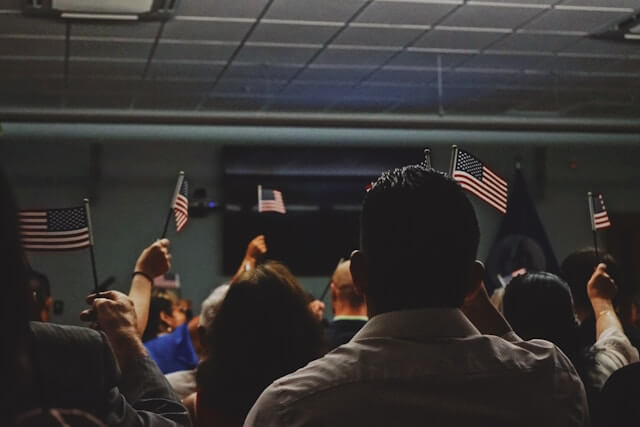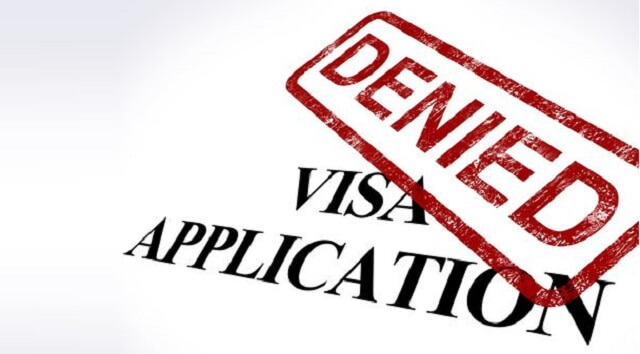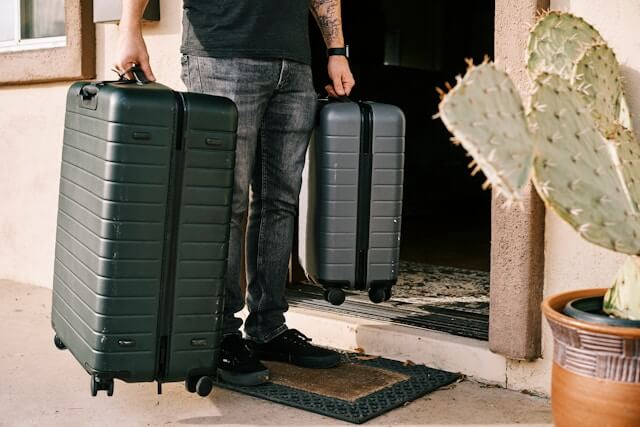Going abroad to study can be a thrilling experience. But when it’s time to pack your bags for an international flight it can get a little overwhelming. You naturally want to make sure you bring all the necessary things. But you also want to avoid packing unnecessary things.
In order to help you manage the situation, this article has some tips that will save you from being overwhelmed with your travel plans.
Below is a step-by-step guide of how students should pack their luggage for international flights:
Comply with your Airline Luggage Rules
Each airline has its own rules and regulations regarding the number, size, and weight of checked luggage and hand luggage. Luggage weight and dimension limits are not completely the same between airlines.
But, checked luggages are determined by the cabin class, club tier status, and booking. It is important to comply with airline rules on luggages to avoid paying any additional fees or issues at the airport. You won’t like to go through extra trouble while in transit. What do you think should happen to your luggages after you find out that you are overpacked?
Travel with all Necessary Documents
It is essential to travel with all necessary documents. You can not afford to ignore this. Anytime you are traveling to another country for educational purposes, you need to bring a range of important documents with you. Some of these important documents include your passport, visa, acceptance letter from the university, proof of finances, medical records and insurance, academic records and all other documents you got from the school you’re going to.
Ensure you have both hard copies and digital copies of all the important documents. In case some documents get lost in transit, you should have backup copies of these critical documents. All of these documents must be packed in your hand luggage. Apart from packing all necessary documents you should also pack electronics and a spare outfit in case your check-in luggage is delayed or in get lost.
Also Read: 10 Reasons Why Your U.S. Visa Application Will Be Denied
Clothing
Put into consideration the climate and duration of your stay when choosing clothing materials. Make sure you pack clothes that are suitable for the weather of where you are going. Don’t forget to include enough underwear, socks, and sleepwear. Also, pack a few formal outfits in case you have any formal events or presentations to attend.
Toiletries and Personal Care Items
Try to pack travel-sized toiletries like shampoo, conditioner, toothpaste, and body wash. Be cautious of restrictions on carrying liquids in your hand (carry-on) luggage, check out those regulations. Travel with small toiletries, you can buy bigger-sized toiletries once you arrive at your destination.
Electronics
Imagine a life without your laptop, chargers, and phones. You can’t do without your personal electronic gadgets. You won’t want to leave behind any of your gadgets. Don’t leave any of your devices behind.
You may need them for your study . You should go with your other devices like tablets, earphones or headsets, power adapters, and converters. It may not be easy for you to get them when you arrive at your new destination.
Medications
Ensure you pack enough supply of medication for your trip, If you are on any prescription. Make sure you go along with all the necessary prescriptions or documentation. Carry your medications in your hand luggage to prevent any issues that may come up if your checked luggage gets delayed or lost.
Restricted Items
There are some items you are not allowed to take with you on the plane in your hand luggage or pack in your suitcase. You won’t want to go through the stress of unpacking items after being stopped by security. It’s best to check what is permissible and what isn’t. This is especially the case when it comes to cosmetics and liquids. The following are the general rules for hand luggage are:
- Little amounts of liquids, creams, gels and pastes of 100ml or less. These must be packaged in a transparent bag for inspection.
- Compressed aerosol products or cans are not allowed
- Flammable liquids are not allowed
- Non-safety matches are not allowed
- Chemicals or poisons are not allowed
- Sharp objects such as scissors, razors, knives, darts or needles are not allowed
- You are allowed to carry your medication but you must have evidence of prescription.
- Small food items are allowed
- Electrical items such as laptops, gaming devices, reading devices and cameras are allowed.
Also the general rules for your luggage going into the hold are:
- You are allowed to have liquids, creams, gels and pastes over 100ml
- You are allowed to carry sporting equipment like bats or pool cues.
- You are permitted to pack items such as razors, scissors and tools.
- You can have some aerosols.
- You can have some food items, but some are prohibited. You should check with the airport or airline before traveling.
Use a Checklist
Make use of a checklist to know what you have packed or left behind. Create a checklist of all the necessary things you need to carry before you start packing your luggages.
This checklist is a great way to be one hundred percent sure that nothing important is not left behind. You can use the following Guide to make your packing checklist:
1. Must Pack (MP):
These are the most important personal items. If you leave any of the items in this list behind, they can make your trip difficult. They are impossible to do without. Examples of these items are personal documents, credentials etc.
2. Should Pack (SP):
These are items that can make your life easier abroad. You will need them while studying abroad. You need to try to make space for them. Some of these are consumables that you may not readily get in your host country.
3. Could Pack (CP):
You can only pack them provided you still have some space left. But the majority of these are less important for international students. They are usually the least important or you can easily buy them anywhere while studying.
Don’t Overpack
You don’t need to carry everything you own. Only travel with important things you will truly need for your stay abroad. Don’t forget that you have weight and quantity limitations with airlines. Overpacking will cost you extra fees and inconveniences when going through customs.
This will help make your luggage manageable. It also will leave you with extra space if you plan on buying some things in transit.
Also Read: 20 Popular U.S. Visa Interview Questions and Answers
Conclusion
Don’t forget to be strategic with your luggage packing. Make sure that you have a good balance between important items and items that can be easily obtained at your destination. It’s also good to make a checklist before you start packing to ensure you don’t forget anything important.











